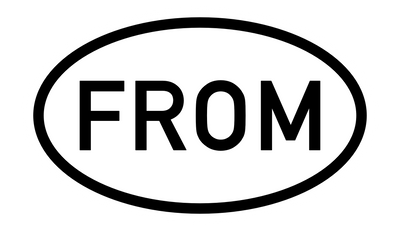Matthias lives in Munich and has been on the road since the early 1990s, documenting people in this world. Whether for Vogue or National Geographics, Ziegler finds the calm and the magical in every situation. Never explanatory, always narrative.
Photographer Matthias Ziegler and journalist Michael Obert traveled to Sudan again in 2015 to investigate the EU's mantra of fighting human smuggling... The two experienced journalists tried to penetrate Khartoum, a hub of the migration route. But any interview or portrait of insiders of the gigantic smuggling system could have been life-threatening for those who shared their knowledge.

In search of Yonas, whose sister had already climbed the EU's sealed-off fortress, they drove through the capital Khartoum in a van draped with nets.
In order to do research in Sudan, you need permission from the Ministry of the Interior to move around freely. As Ziegler and Obert were not in Sudan for the first time and were known for their journalistic work, they did not receive this permission. The regime in Sudan has no interest in details about the hierarchy and actors involved in this cruel system reaching the EU. The flow of money could be stopped, from which the regime finances itself very well.
Obert's investigative work on the migration route was published in a trilogy about three locations (Eritrea, Sudan and the Sinai Peninsula), which he researched from 2014 to 2017. 
The consequence was extremely sensitive research, under the radar of the secret service. The few insiders who agreed to describe their journey or their activities on the migration route needed maximum protection. So a moving, overcast van, where people got in and out to share their knowledge with the two journalists, became a safe place in the middle of Khartoum.
Matthias Ziegler and Michael Obert found Yonas, the missing brother. He was still on the run from the Horn of Africa to Germany. “One of the hardest things about this journey was simply getting on a plane with my passport after a few weeks and leaving Yonas and all the others on the route behind,” says Michael Obert in an interview with Marie-Kristin Thiele from FROM.
Her report in the Süddeutsche Zeitung in January 2016 already showed eight years ago that when initiatives such as the Khartoum Process, the Libya deal or the current Tunisia agreement tend to arm criminal regimes instead of helping people on the ground; when smuggling networks are used to destroy escape routes that are vital for survival; when the hypocritical war against smugglers is just a means of keeping people seeking protection away from the external borders, this leads to ever new conflicts and wars.
The Sudan 2015 edition by Matthias Ziegler shows Khartoum through a protective net. On the one hand, it conceals the harsh reality of conflict-ridden Sudan: a situation that has once again put 25 million people in acute danger since 2023 because it blocks the route to the Mediterranean. On the other hand, the images show a place outside the control of the criminal regime, where information can be exchanged to initiate change.


